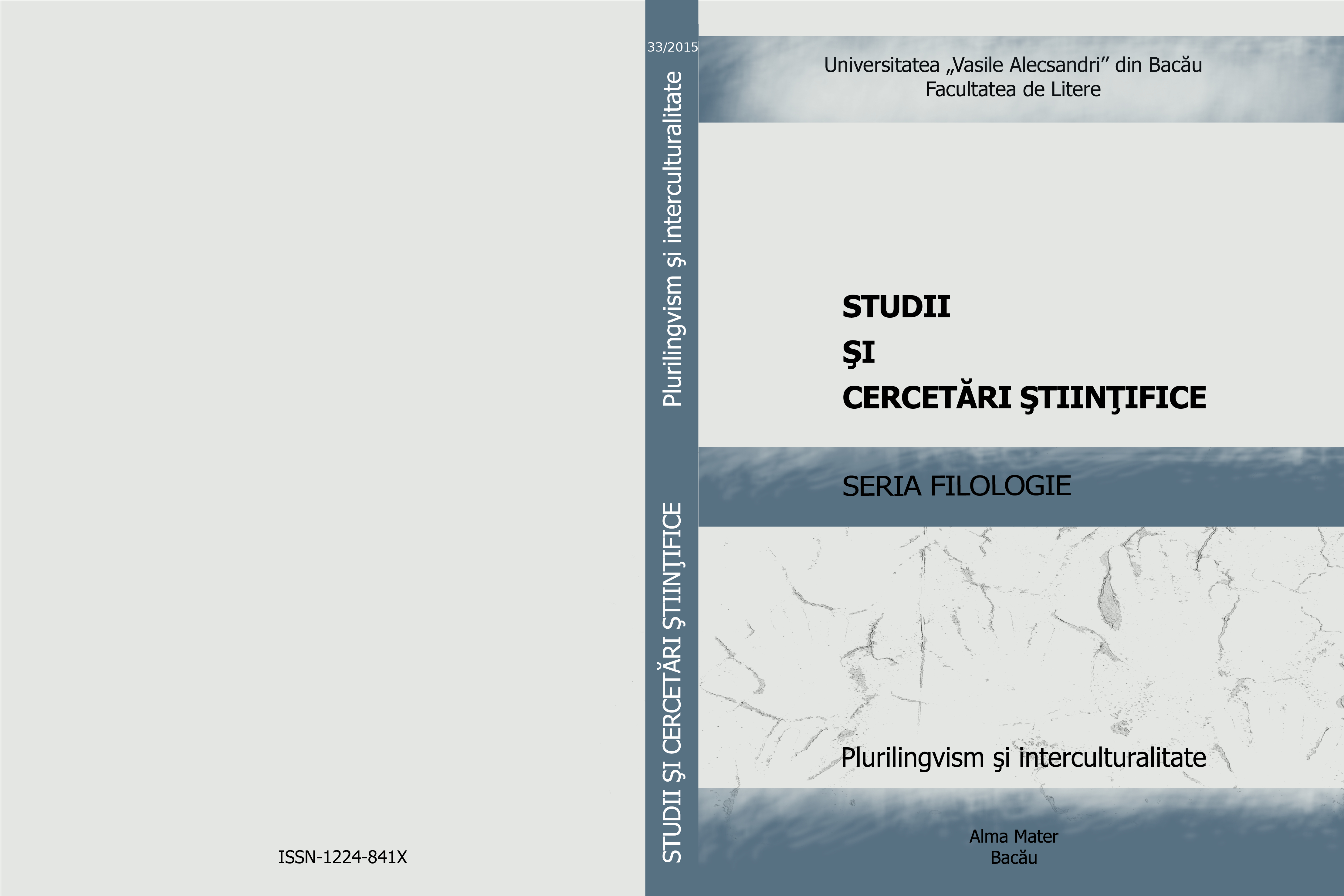DEMONICUL LA SØREN KIERKEGAARD ŞI MIRCEA ELIADE
DEMONIC TO SØREN KIERKEGAARD AND MIRCEA ELIADE
Author(s): Natasa MaximSubject(s): Philosophy, Language and Literature Studies, Studies of Literature, Aesthetics, Philology
Published by: Editura Alma Mater
Keywords: Demonic; anguish; metaphor of the diary; genius; thorn in the flash;
Summary/Abstract: This paper approaches Kierkegaard`s demonic from an angle ofphilosophical hermeneutics, since the anguish well belongs to the somatic,psychological and pneumatological area. Given that man is a synthesis of body andsoul worn by spirit, the disruption of one is damaging the others. Demonic meansclosing itself, denoting dumbness. State of captivity, inwardness, refusal ofcommunication, the demonic is a condition that Søren Kierkegaard opposes tofreedom, expansion, communication and can be a metaphor of the diary, if weconsider the diarist`s mental structure: schizoid, in an endless conflict not only withitself but with the world. In a religious way, freedom is communicative, meaning toshare, to (be) save(d). Adopting an ontic perspective of being, seeing the man in themaking, Kierkegaard teaches us what it means to be human through an imaginaryreintegration into the skin of another, and it`s here that the roots of Eliade`shermeneutics can be found.nger, religion, contemplation, introspection. The genius is not afraid offate because he knows that it can be determined by free will, he is afraid only ofhimself, of his own conscience. Subjectivity is always reactionary. The rebel, thedemon, the genius is dominated by anguish, guilt, despair, the reason being the sinof breaking the community.
Journal: Studii și cercetări științifice. Seria filologie
- Issue Year: 2015
- Issue No: 33
- Page Range: 35-45
- Page Count: 10
- Language: Romanian

